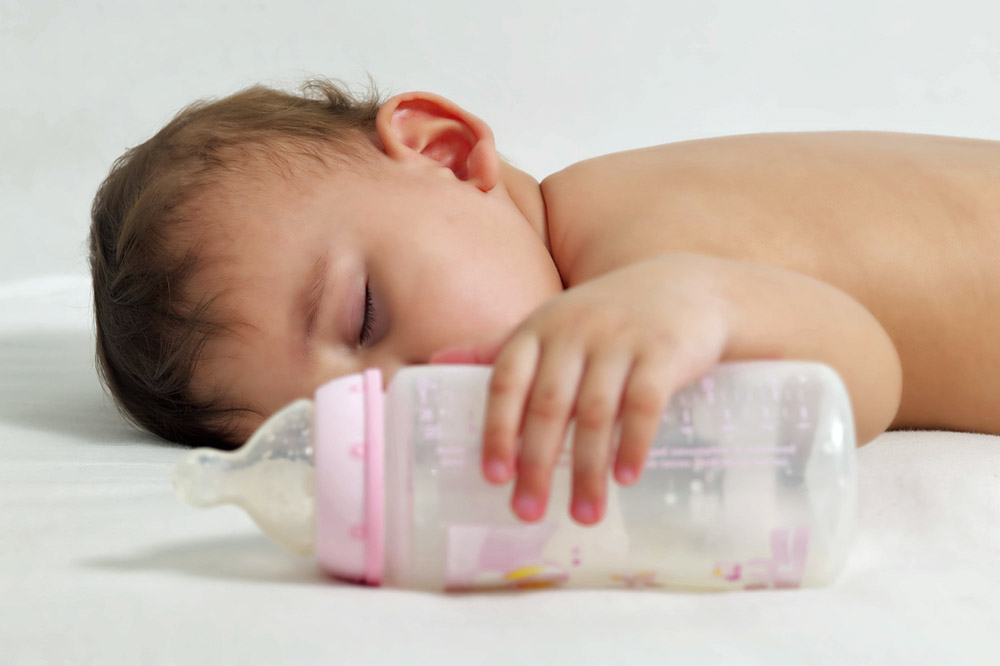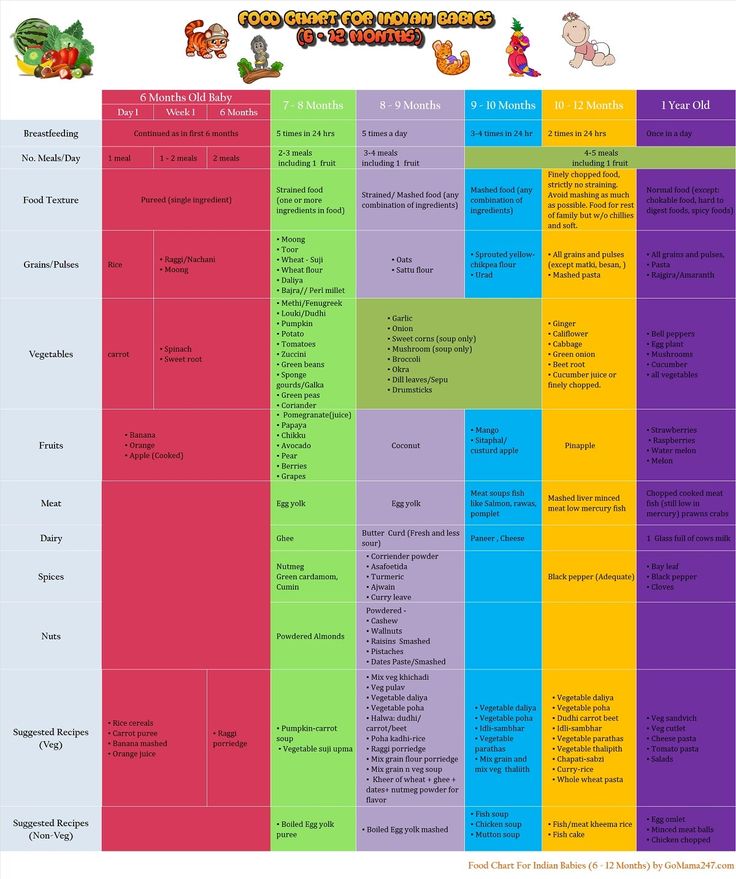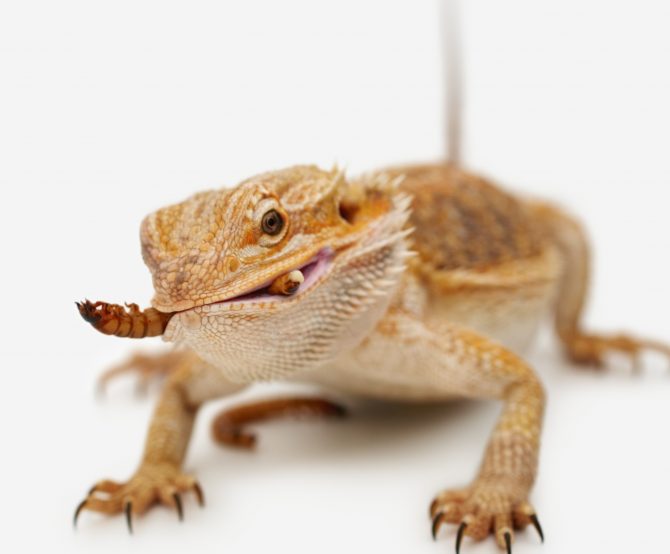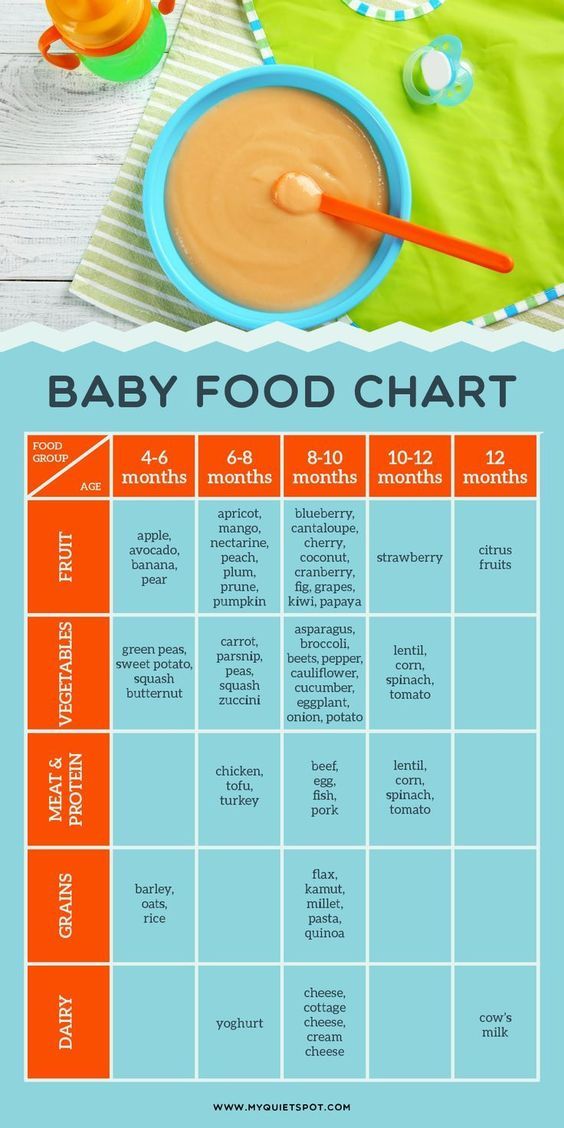Baby sleep after feeding
What to Do If Your Baby Falls Asleep While Nursing
When you have a new baby, you often get a lot of warnings about how your little one — and you! — will sleep. But you may be surprised to find that in the first few weeks of your baby’s life, they do almost nothing but sleep. In fact, many newborns will spend the majority of their 24 hours snoozing.
This may seem like a good thing, and in most cases, it is. Enjoy these sleepy days while they last! But sometimes your baby ends up sleeping so much that they can’t seem to get in a good feed. This is especially true for breastfeeding or chestfeeding babies, who have to actively work to extract milk than their bottle-fed counterparts.
If your baby can’t seem to stay awake to get a full feeding session in, you likely have concerns. You may be wondering what you can do to keep them awake, if there’s anything wrong with your baby, or if all the sleeping is a sign that feeding isn’t going well.
Let’s take a look.
It’s common for newborns to have days or even weeks when they’re very sleepy and hard to keep awake. Your baby is adjusting to life outside the womb, and this adjustment can be tiring. Plus, your baby may still have their days and nights mixed up, causing them to sleep a lot during the day when you’re ready to feed them.
Luckily, in most cases, “sleepy at the breast” babies don’t stay that way for many feeding sessions in a row or for that long. Most sleepy babies will usually get in enough feeding sessions during a day, even if they have a few sleepy feedings sometimes.
In general, if your baby has enough dirty and wet diapers (usually four to six wet diapers and three to four poopy diapers per day) and is putting on weight at a healthy pace, there’s nothing wrong with them having a couple of sleepy, less vigorous nursing sessions every now and then.
Even falling asleep at the breast is usually fine. In fact, many babies will fall asleep after getting in a good feed. A full tummy makes babies tired, and falling asleep is a natural reaction.
A full tummy makes babies tired, and falling asleep is a natural reaction.
Some babies empty the breast in just a few minutes and fall asleep satisfied. You can usually tell that your baby has had enough when:
- you’ve heard gulping or swallowing while nursing
- your breast feels less full after your baby has detached
- your baby goes from actively sucking to sucking lightly and falling asleep
You may also notice that their body is tense — their hands in tight fists — at the beginning of the feed. But when they’re done, they have unwound and seem more relaxed.
If your baby shows signs of not getting enough milk (fewer wet or dirty diapers and slowed weight gain), then waking them up for those feedings is definitely something you’ll want to focus on.
If you’re not sure if your baby is getting enough milk, visit your pediatrician for a wellness visit and weight check. Again, if your baby is healthy and growing well, falling asleep while nursing isn’t something to stress out too much about.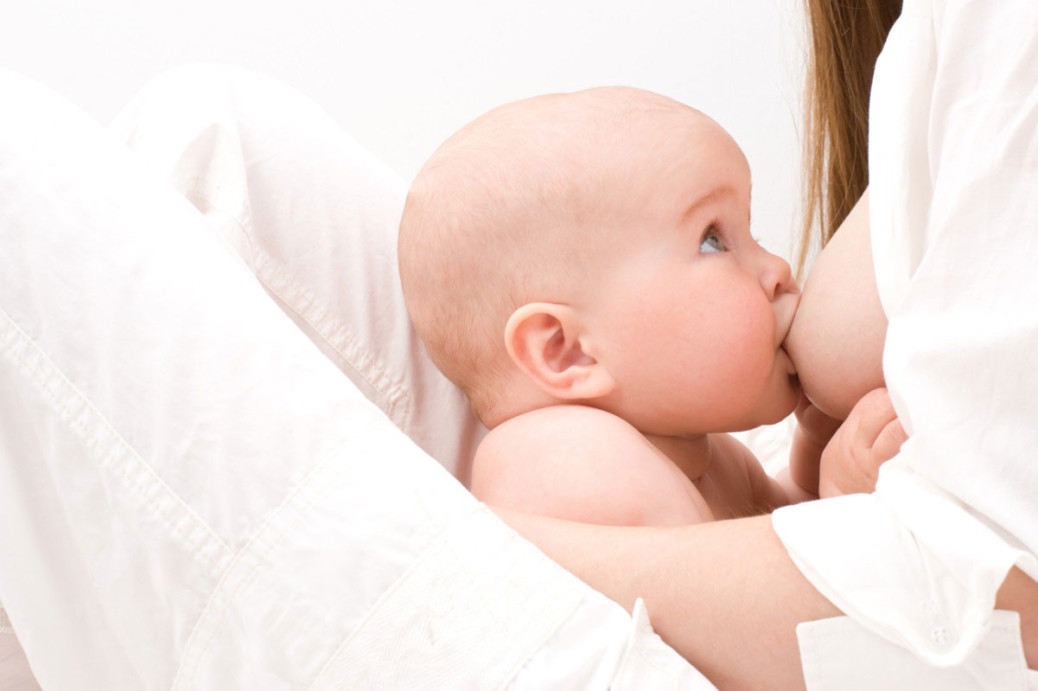 Having your doctor examine your baby can help you sort out what’s going on.
Having your doctor examine your baby can help you sort out what’s going on.
There are some cases in which a “sleepy at the breast” baby may not exhibit typical newborn behavior. In those instances, extra sleepiness is a sign of a medical condition.
The most common newborn condition that tends to make babies extra sleepy is jaundice. In addition to lethargy and poor feeding, babies with jaundice may have yellowish skin, fewer wet or dirty diapers, and may be extra fussy.
Babies with jaundice should see a pediatrician to make sure there are no serious health concerns.
Rarely, babies who are sleepy during feeds may have underlying medical conditions such as a cardiac or respiratory condition. They may also be battling a virus or bacterial infection.
If your baby is having difficulty breathing, has a fever, is vomiting, or is difficult to rouse, speak with your doctor or seek emergency medical attention.
Luckily, there are many things you can try if your baby keeps falling asleep while breastfeeding or chestfeeding.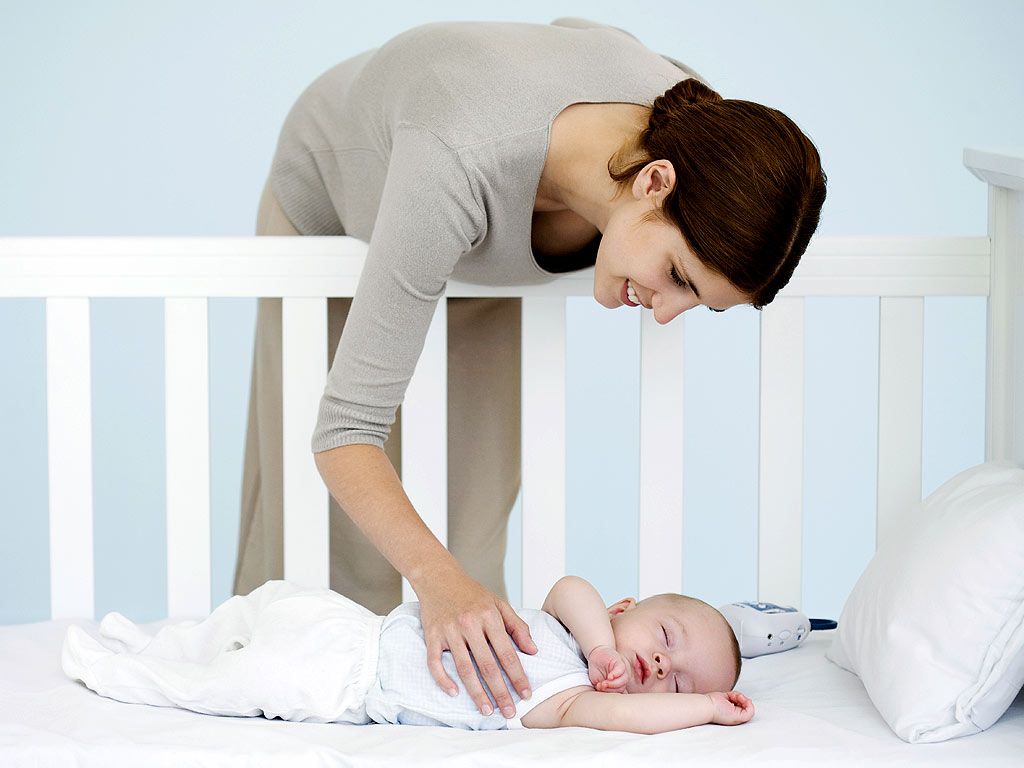 Here are a few favorites.
Here are a few favorites.
Tip 1: Switch sides
If your baby falls asleep frequently while nursing, you can try a technique called switch nursing. This is as simple as it sounds.
As soon as your baby starts falling asleep (you may notice that their sucking becomes less frequent or fluttery), you can try switching them to the other side. This may wake them up, and they may find that the other side has milk more readily available.
Tip 2: Compression
Your baby may become sleepy when milk flow slows down. It’s normal for there to be times during a nursing session when the milk flows faster — this is usually during letdown — and times when it slows. But some babies get frustrated when this happens and tend to zonk out.
You can help get milk flowing again by doing something called breast compression. Using your free hand, cup the side of your breast, making a C shape with your hand. Then gently squeeze. You should feel your baby’s suckling become more active as the milk starts to flow.
Tip 3: Strip your baby down to their diaper
Babies that are too warm tend to get sleepy. So strip your baby down to their diaper and try nursing them. You can also apply cool washcloths to their skin to keep them awake.
If you’re concerned that your baby is too cold, you can drape a breathable blanket over them. But don’t worry too much: When they’re skin to skin with you, they’ll stay warm enough.
Tip 4: Tickle those toes!
Gentle stimulation of your baby’s senses can wake them up. Try tickling their toes, walking your fingers up and down their arms, or swirling your finger around the top of their head.
Tip 5: Check the latch
If your baby isn’t latching well, they may not be able to get enough milk, and not getting enough milk can make your baby sleepy.
A good latch means that your baby’s mouth is wide open and they’re taking in a good portion of the areola. If you aren’t sure that your baby has a good latch, consider contacting a lactation consultant for assistance.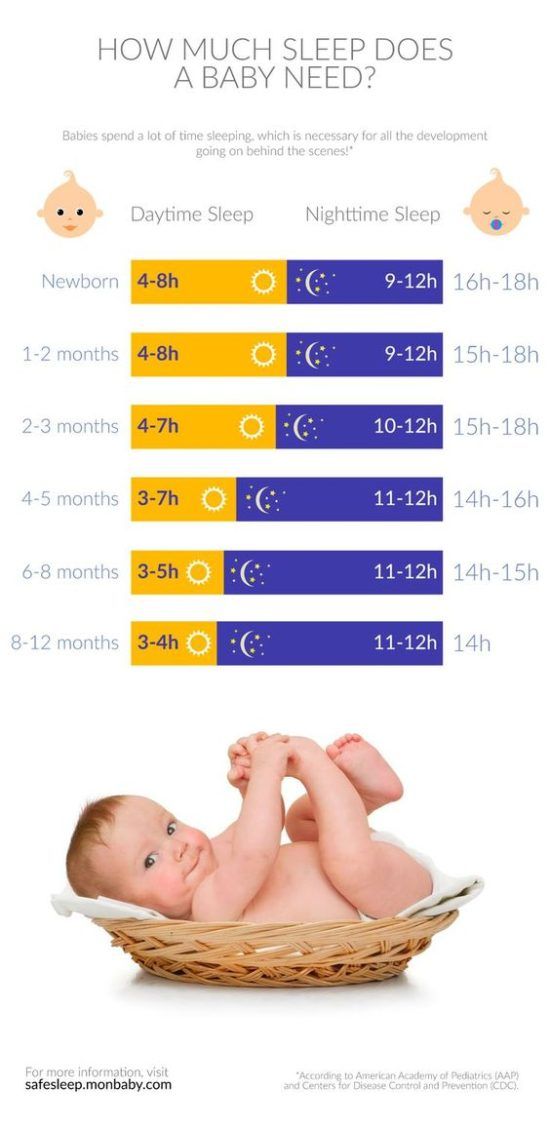
Tip 6: Get to skin-to-skin
Having skin-to-skin time with your baby is a great way to wake them up to feed. Dress your baby in their diaper only and place them belly to belly with you. This allows them to tap into their newborn instincts, which include searching for and locating the breast.
See if your baby wants to smell, lick, and explore. They may latch onto the breast themselves without any coaxing!
What if nothing is working and your baby just simply can’t stay awake while breastfeeding or chestfeeding? This is definitely an instance where you want to seek out professional lactation help or medical attention, if you haven’t already.
If your baby has gotten to the point where they’re not taking in milk while feeding, supplementing may be necessary.
Supplementing — when done mindfully, and with your own expressed milk when possible — might be just the thing that perks your baby up so that they can have the energy to nurse well. Working on latching, positioning, and other possible issues may also be vital in helping you solve this concern.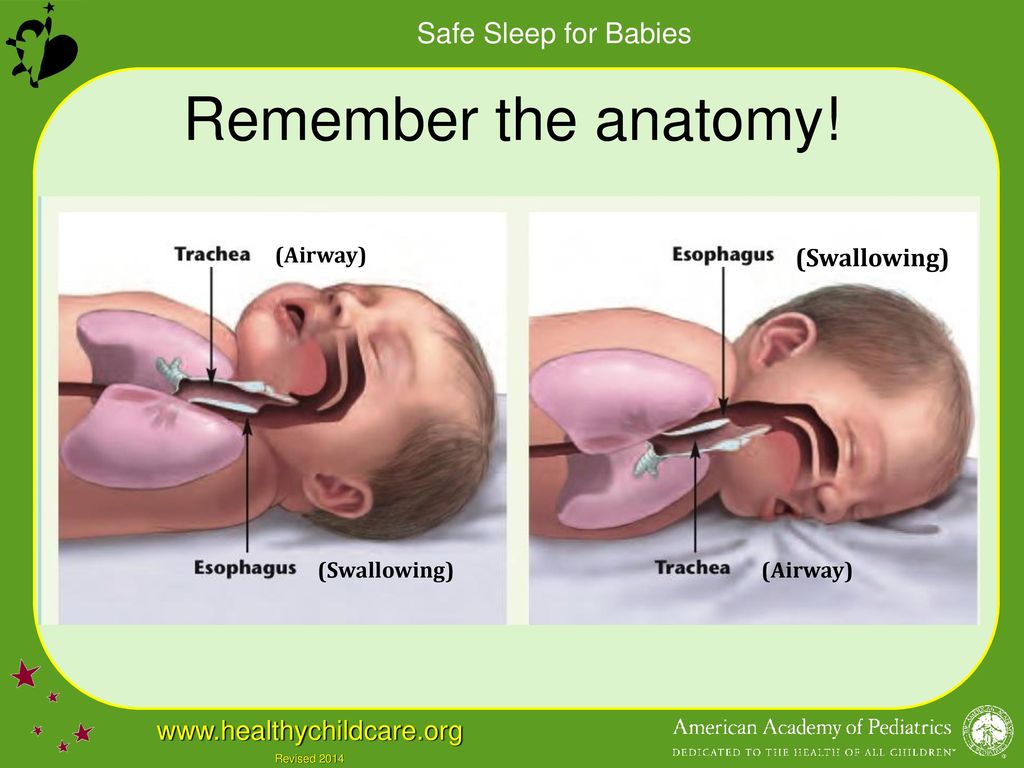
Most of all, don’t give up. So many nursing parents have been in this situation at one time or another and have gotten to the other side. You’ll get through this, too.
Breastfeeding FAQs: Sleep - Yours and Your Baby's (for Parents)
Breastfeeding is a natural thing to do, but it still comes with its fair share of questions. Here's what you need to know about making nights easier for you and your baby.
Where Should My Baby Sleep?
It’s a good idea to put your baby to sleep in your room without sharing a bed. That’s because bed-sharing puts babies at risk of suffocation, strangulation, and sudden infant death syndrome (SIDS).
Experts recommend room-sharing for at least the first 6 months of life, especially if you’re breastfeeding. Here are some ideas:
- Put a bassinet, play yard, or crib next to your bed. This lets you keep that desired closeness that makes it easier to breastfeed at night. It also lowers your baby’s risk of SIDS.
- Buy a bassinet or play yard with one side that is lower, which attaches to your bed.
 This allows you to be next to your baby without the chance of rolling over onto your infant.
This allows you to be next to your baby without the chance of rolling over onto your infant.
Don’t let your baby sleep in the same room as someone who is smoking.
Also:
- Don’t let your baby fall asleep on a product that isn’t specifically designed for sleeping babies, such as a sitting device (like a car seat), a feeding pillow (like the Boppy pillow), or an infant lounger (like the Dock-a-Tot, Podster, and Bummzie).
- Don’t use products or devices that claim to lower the risk of SIDS, such as sleep positioners (like wedges or incliners) or monitors that can detect a baby’s heart rate and breathing pattern. No known products can actually do this.
- Don’t use products that are weighted, such as a weighted blanket, sleeper, or swaddle.
- Don’t use products that have not been approved by the U.S. Consumer Product Safety Commission (CPSC) as meeting federal safety standards for infant sleep products
How Should My Baby Sleep?
Always place your baby on the back to sleep, not on their stomach or side, to help lower the chance of SIDS. When babies can roll over easily from front to back and back to front, it's fine for them to stay in the sleep position they choose.
When babies can roll over easily from front to back and back to front, it's fine for them to stay in the sleep position they choose.
When picking out bedding for your baby, keep these tips in mind:
- Use a firm sleep surface. Cover the mattress with a sheet that fits snugly. Make sure your crib, bassinet, or play yard meets current safety standards.
- Do not put anything else in the crib or bassinet. Keep plush toys, pillows, blankets, unfitted sheets, quilts, comforters, sheepskins, and bumper pads out of your baby's sleep area. Make sure there are no items within reach that could pose a hazard to your baby, such as cords, ties, or ribbons.
- Dress your baby for the room temperature, and don't overbundle. Watch for signs of overheating, such as sweating or feeling hot to the touch.
How Can I Make Nighttime Feedings Easier?
To make nursing in bed more comfortable, keep a donut-shaped nursing pillow on or near your bed or use a "husband" back pillow with arms on each side.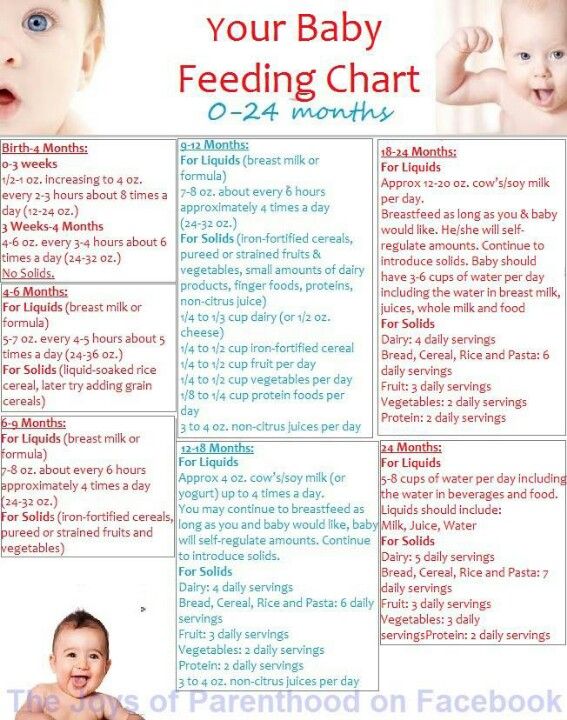
Keep the room dimly lit and any noises (talking, singing, etc.) to a minimum. This will help your baby realize that nighttime is for sleeping — not playing — and can help your baby fall back to sleep sooner.
My Baby Falls Asleep While Nursing. What Can I Do?
Newborns often fall asleep at the breast, especially after feeling satisfied from a feeding. (You'll know if your baby isn't nursing if you don't hear swallowing sounds, like little clicks, or see the jawbones moving.)
If you think your baby is asleep and hasn't finished nursing, here are some tips to try:
- Undress your baby and rub their back.
- Tickle your baby’s feet.
- Burp your baby.
- Change your baby's diaper or switch to the other breast.
- Gently compress (squeeze) or massage your breast at the end of feeding to encourage your baby to drink more.
Babies who latch on wrong may fall asleep at the breast. If this happens, break the suction and reposition your baby onto your breast to include both your nipple and areola. You can break the suction by slipping your finger in the side of your baby's mouth (between the gums) and then turning your finger a quarter turn.
You can break the suction by slipping your finger in the side of your baby's mouth (between the gums) and then turning your finger a quarter turn.
After you've broken the suction, try to burp your baby and switch to the other breast.
Is it OK to Nurse My Baby to Sleep?
In the first few months of life, it's practically impossible to keep a nursing baby awake who is satisfied with a full belly. But as babies grow, encourage them to sleep on their own. To do this:
- Put your baby down for naps and bed slightly awake. This teaches babies to get used to falling asleep on their own.
- Create a familiar and relaxing bedtime routine. Bathing, reading, and singing is soothing and signals an end to the day.
- Be consistent with the bedtime routine. Eventually, babies associate these steps with sleeping.
- Offer a pacifier. Experts recommend giving a pacifier at naptime and bedtime to babies under 1 year old to reduce the risk of SIDS. Only give a pacifier after breastfeeding is established, so no sooner than 3 weeks of age.
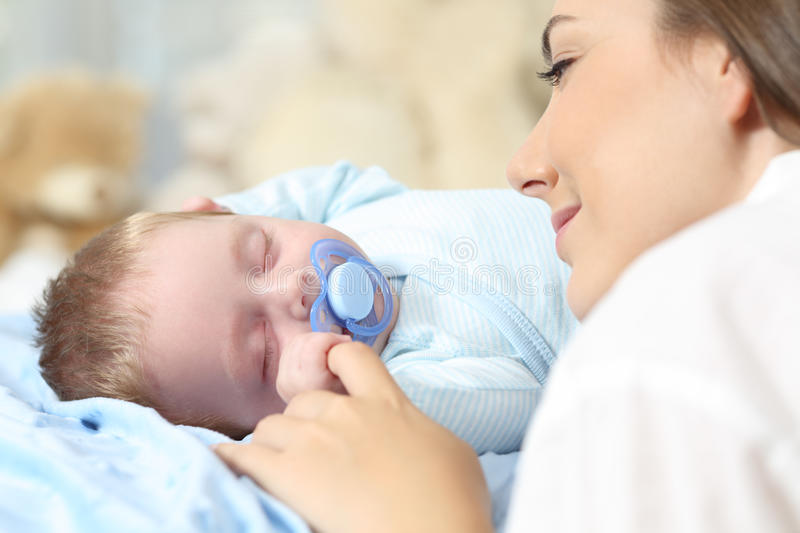 If your little one doesn't want a pacifier, don't push it.
If your little one doesn't want a pacifier, don't push it.
When Will My Baby Sleep Through the Night?
Breastfed newborns' longest sleep periods are generally 2–3 hours — this is about how long their small bellies can go between feedings. If newborns do sleep for a while, they'll probably be extra-hungry during the day and may want to nurse more often.
And just when you think that sleeping through the night seems like a far-off dream, things start to get a little easier. At 3 months, a baby averages a total of 5 hours of sleep during daytime naps and 10 hours at night, usually with an interruption or two. Most babies this age sleep "through the night," meaning a 5-6 hour stretch. But every baby is different, so don't be surprised if your baby sleeps more or less than others.
Will it Hurt My Milk Supply to Let My Baby Sleep?
Letting your baby sleep for longer periods (usually at around 3 months of age) isn't going to hurt your breastfeeding efforts. Your body readjusts your milk supply based on when you nurse and how much your baby needs. Some babies will sleep through the night early but will make up for it during the day, so your breasts will accommodate that.
Your body readjusts your milk supply based on when you nurse and how much your baby needs. Some babies will sleep through the night early but will make up for it during the day, so your breasts will accommodate that.
As your baby matures and starts taking solid foods, the need for breast milk will decrease and your body will adjust for that too.
Reviewed by: Jamila H. Richardson, BSN, RN, IBCLC
Date reviewed: January 2021
Why a newborn does not sleep after feeding
It would seem that the life of a baby is very simple and is subject to the cycles of food and sleep - "food-sleep-food-sleep". As a rule, babies sleep after feeding - this is facilitated by melatonin contained in breast milk and sucking movements that help the baby relax. But sometimes it happens that after the mother has fed the baby, he does not fall asleep.
Why does the baby not sleep after feeding? Misunderstanding of the reasons can alarm the mother, upset and even cause negative emotions. nine0003
nine0003
The emotional reaction of the mother is explained by the fact that her idea of the picture of sleep and life in general of the newborn may differ from the real one. At such moments, a young mother may feel incompetent, be afraid for the child, think about whether everything is in order with him.
Mother's anxiety, in turn, is not only transmitted to the child due to the very close psycho-physiological connection of the mother with the newborn, but also affects breastfeeding. nine0003
A stressed mother transmits cortisol to the baby, which makes it difficult for him to fall asleep even after feeding. In addition, stress affects the work of oxytocin, the hormone responsible for the release of milk.
As a result, the mother, who is worried that the baby is not sleeping, not only does not help him fall asleep, but also involuntarily prevents him from calming down. What to do?
First of all, it is important for a mother to calm down herself.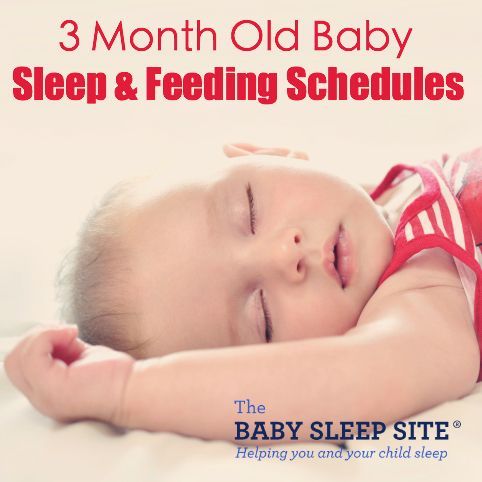 To do this, it is very important to take care of yourself - pour yourself a cup of your favorite hot tea, for example, take a warm shower, think about something very pleasant, look at the baby, walk around with him, looking at him. These methods also contribute to the stimulation of the production of oxytocin. nine0003
To do this, it is very important to take care of yourself - pour yourself a cup of your favorite hot tea, for example, take a warm shower, think about something very pleasant, look at the baby, walk around with him, looking at him. These methods also contribute to the stimulation of the production of oxytocin. nine0003
NEWBORN DOES NOT SLEEP AFTER FEEDING - HOW TO FIND THE REASON?
Keep a feeding calendar. So it will be easier to navigate the cycles of sleep and wakefulness of the baby and understand the reasons for such failures. For example, the baby woke up 10-15 minutes ago, his mother fed him, and he did not fall asleep. In this case, his wakefulness is justified - after all, the baby is simply not ready to sleep yet. Such a calendar can help you understand why the baby does not want to sleep after feeding.
The reasons may be the following:
- The baby has just woken up and just wasn't awake enough and not ready for bed
- The child is overexcited.
 This happens in cases where the baby's wake time has significantly exceeded the allowable norm for his age, for example, a child who usually kept awake for 30 minutes was left without sleep for an hour. In this case, he can be very overtired and do not fall asleep against the background of overexcitation of the nervous system.
This happens in cases where the baby's wake time has significantly exceeded the allowable norm for his age, for example, a child who usually kept awake for 30 minutes was left without sleep for an hour. In this case, he can be very overtired and do not fall asleep against the background of overexcitation of the nervous system. - The baby may have a stomach ache. This is especially true for formula-fed children when getting used to the mixture, as well as for babies with lactose deficiency. Soreness can also interfere with your baby's sleep. nine0028
- Clogged nose, disease can greatly complicate the process of falling asleep.
- The baby is hungry. If the child has not received the volume of milk or formula he needs, he may continue to feel hungry and not fall asleep because of this.
- Unmet need for suckling. The need for sucking in the first months of a child's life is very high. In the first month, sticking before falling asleep is not yet considered a negative habit, moreover, the baby needs to make sucking movements to relax.
 If the mother took the breast early and did not offer an alternative (such as a pacifier), it may be more difficult for the newborn to fall asleep. nine0028
If the mother took the breast early and did not offer an alternative (such as a pacifier), it may be more difficult for the newborn to fall asleep. nine0028 - Uncomfortable sleep conditions. The baby's room may be too hot, stuffy, in addition, he may have clothes for sleep that are inappropriate for the season or a dirty diaper. All this affects the ability to sleep peacefully.
- The need for mother's affection and warmth
VIDEO LESSON
Baby sleep from 0 to 3 months
More
HOW TO HELP A NEWBORN TO SLEEP AFTER FEEDING? nine0019
- Keeping a diary of observations of the baby with a note of the time when he sleeps and eats
- Creation of favorable conditions for sleep - a safe place to sleep, darkness, silence, comfortable temperature (20-22 degrees) in the room, sufficient humidity in the room (40-60%), comfortable clothing for the season
- Help your baby meet the need to suckle.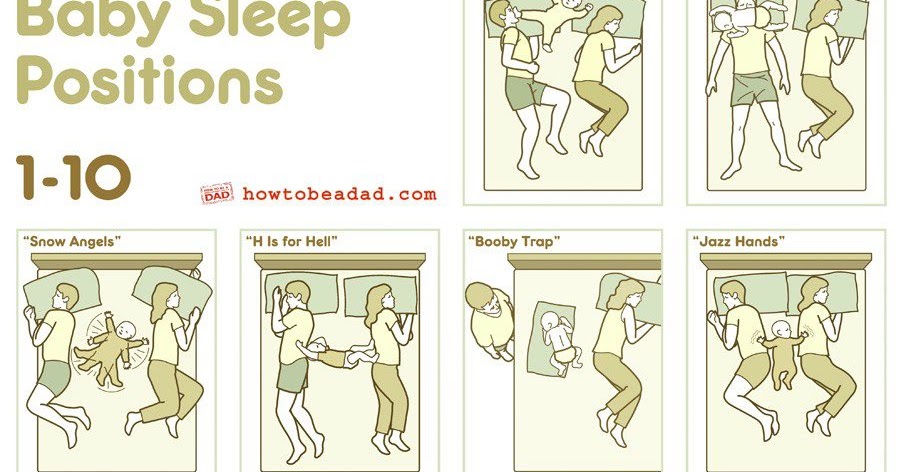 In the first month, it is still not recommended to offer a pacifier to babies who are breastfed, since lactation is established in the first two to three months. A bottle-fed baby needs a pacifier to satisfy the need to suckle. nine0003
In the first month, it is still not recommended to offer a pacifier to babies who are breastfed, since lactation is established in the first two to three months. A bottle-fed baby needs a pacifier to satisfy the need to suckle. nine0003
- Helping the baby to relieve tummy pain (colic) - let the baby "burp" the air after eating, vilify in his arms, apply a warm heating pad to the tummy. It is also important to clean the baby's nose with the help of special devices
- Try not to overexcite the baby, do not visit noisy places in the first month of life, when his wakefulness is still quite short.
- Feed your baby on demand. While lactation is established, it is important that the baby and mother adapt to each other in terms of milk production as well. Therefore, it is very important not to wean the baby prematurely, especially since hindmilk is saturated with fats that a growing baby needs. nine0003
You can determine the degree of his readiness to sleep by the following signs:
- The baby begins to yawn
- The baby rubs his eyes
- The baby is looking for his mother, poking her nose, looking for a breast or a bottle.
If you miss this time, signs of fatigue can develop into signs of overwork:
- The baby becomes more capricious
- The baby cries
- Can arch
- Can latch on and then push off
Overfatigue threatens with complicated falling asleep against the background of overexcitation of the nervous system. To help your baby calm down and fall asleep, moms can use a range of sleep aids.
- "White noise" - monotonous sounds on the same wavelength, which work as the right association for sleep, help to relax. If you don't have a white noise machine, just go into a dark bathroom and turn on the faucet. The darkness and the monotonous sound of running water will help the child relax and fall asleep. nine0003
- Motion sickness - in the womb, the baby is used to constant motion sickness, so motion sickness works to relax and fall asleep.
Do not abuse motion sickness, do not use too intense motion sickness (for example, on a fitball or special swings) and, moreover, never shake the child, it can be dangerous! Just walk around the room with the baby in your arms, softly hiss or sing a lullaby.

- Darkness. nine0098 Babies in the first 3 months of life are not sensitive to the level of illumination in the room during sleep. But nevertheless, they are curious, every day they observe and notice more and more. Many items can attract the attention of babies in the first months of life, frighten and distract from sleep. The simplest method of "turning off" the visual analyzer is to organize complete darkness in the bedroom for daytime and nighttime sleep.
- Closeness to mother , mother's hands, mother's warmth will help the baby feel safe and fall asleep. nine0003
- Soft Swaddling mimics uterine conditions well and helps to dampen the Moro reflex. If swaddling is organized safely, with the swaddling system available in our store, you can be sure that the baby will not overheat or the blood circulation will not be disturbed.
These conditions will remind the newborn of uterine conditions (dark, warm, cramped, and motion sickness), which will have a relaxing effect on the baby and help him fall asleep.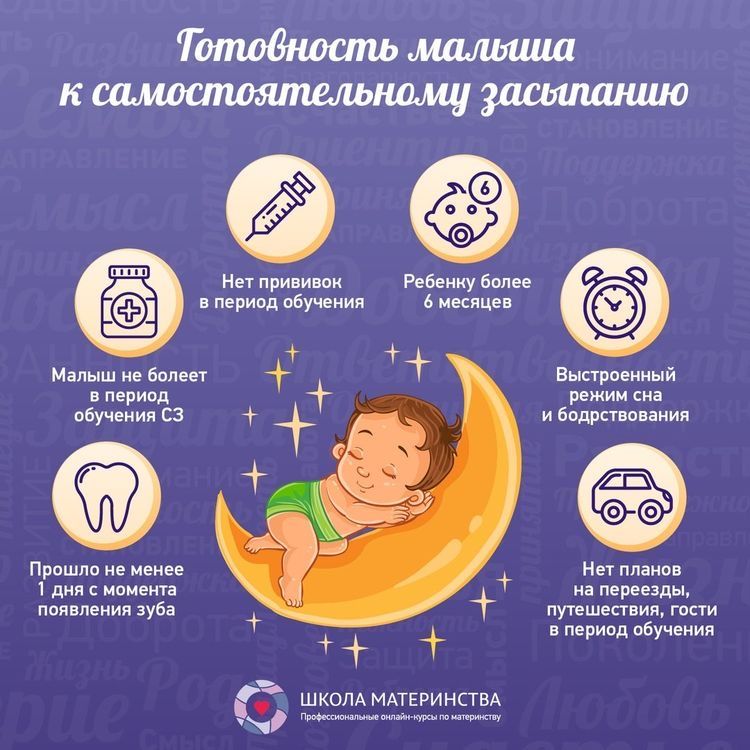 nine0003
nine0003
Sometimes it happens that young parents tend to overly scrupulously follow the norms given in encyclopedias on child care, on the Internet, on forums about motherhood. And, of course, these rules may vary. When parents do not have some unified theoretical base on which to rely, they can seek help from their parents - the older generation or friends, acquaintances, also parents. But here, too, the information can vary quite strongly - the older generation, for example, may advocate fairly tight swaddling and feeding the baby strictly by the hour, while modern approaches to caring for a newborn promote free swaddling and breastfeeding on demand. nine0003
Thus, despite the abundance of information, young parents are completely confused and do not understand how to feed their child and what to focus on in order to understand if everything is in order with him, from which he does not fall asleep after the mother has fed him.
Parent Alert:
- Trust trusted sources.
 Watching weight norms, for example, it is worth trusting sources that have a large research base and grounds for certain indicators. For example, WHO is the World Health Organization. nine0028
Watching weight norms, for example, it is worth trusting sources that have a large research base and grounds for certain indicators. For example, WHO is the World Health Organization. nine0028 - Remember that people on the forums, your acquaintances, friends, your parents are people who have other children. What works for them may not necessarily work for your baby.
- Watch your baby and keep a diary of observations. For example: woke up - 9:30, application - 9:45. So it will be easier for you to navigate if the baby bursts into tears at 10:00 - in this case, he is most likely not hungry yet, but is either already ready to sleep, or he, for example, has a wet diaper or some other discomfort. nine0028
- Find ways to relax yourself. The anxious brain is prone to making rash decisions, so rested, full of energy parents will be able to find the best solution in any situation with their child.
The most important thing that parents need to do in order not to worry about the fact that their baby does not sleep after being fed is trust in trusted sources of information, their own calmness, trust in their own parental wisdom and, of course, love and attention to your baby. nine0003
nine0003
Food and Sleep Melatonin Cortisol Signs of Fatigue
Signs of Overwork Wake Time Newborn Sleep
Why doesn't the baby sleep after feeding?
Nikulina Anastasia Anatolyevna
pediatrician
Newborn not sleeping after feeding? Let's look at common sleep problems in infancy, as well as procedures and ways to try to calm the baby and fall asleep. The pediatrician Anastasia Anatolyevna Nikulina tells and advises.
— Anastasia Anatolyevna, why is it good for small children to sleep after feeding?
- Sleeping immediately after feeding is not good. But normal sleep for babies is an important factor. During sleep, babies grow and gain weight well. Sleep restores physical strength, energy. The brain is resting, the overexcitation goes away, the baby is not naughty and is in a good mood. A well-slept child develops comprehensively, actively shows interest in everything around. nine0003
Without adequate sleep, there is no good physical development. If the baby does not sleep, he will be tired, moody, stop playing. He may suffer from frequent digestive problems and other illnesses.
If the baby does not sleep, he will be tired, moody, stop playing. He may suffer from frequent digestive problems and other illnesses.
— Why does a newborn sometimes not sleep after feeding?
- A normal newborn can stay up to 40 minutes between naps. If wakefulness lasts longer than the age norm, hunger should be excluded first of all. And if the baby is worried about reflux (regurgitation), he is not gaining weight well, you should consult a doctor. nine0003
Reasons why a newborn does not sleep after feeding and cries
— Can a baby be forced to lie down if he does not sleep after eating? How to get a newborn to sleep?
— Forced laying exhausts both parents and children. Everyone falls asleep as soon as they get tired. Anxious parents interfere with their baby's sleep because anxiety is transmitted to him, and besides, excitement reduces the mother's milk production, so you need to calm down.
How to help your baby sleep
- Motion sickness and a calm song: babies love to be held and listen to their mother's soft voice.
 Intense motion sickness should be avoided: you can not shake the child, it can harm him.
Intense motion sickness should be avoided: you can not shake the child, it can harm him. - "White Noise": monotonous sounds on the same wavelength, which are reproduced by special devices, relax. But if the mother does not have such a device, you can go into the bathroom with the child, turn on the tap and turn off the light - the sound of water and the darkness will help calm him down. nine0028
- Tight swaddling: simulates the conditions when the baby was in the mother's stomach. Helps reduce the Moro reflex (protective reflex) and make it easier to fall asleep.
- Bathing: After bathing in warm water, children fall asleep more easily. The pores of the skin are cleansed and open, the skin begins to breathe.
- General light massage, play, crawling are tiring, and after them the baby will fall asleep safely.
— How to properly prepare a child for sleep? nine0166
— All children are different. It is important to observe the baby, note the time when he sleeps and eats, gradually form his sleep and nutrition regimen.
It is important to observe the baby, note the time when he sleeps and eats, gradually form his sleep and nutrition regimen.
Signs that the child wants to sleep:
- begins to yawn;
- rubs eyes;
- is looking for a breast or bottle.
If these signs are ignored, the baby will cry and may even refuse the breast or bottle because he is tired and go to sleep hungry.
Getting ready for bed:
- try to put the baby to bed at the same time;
- a couple of hours before bedtime, play quiet games, read a book;
- a walk in the fresh air and water procedures are desirable, which relax and increase appetite;
- after a walk - evening feeding and a calm, prosperous sleep.
The sleep and feeding schedule will ease the rhythm of life, help you orient yourself, understand what else the child may experience discomfort from: for example, due to a wet diaper. The baby should not overeat or undereat - all this interferes with sleep.